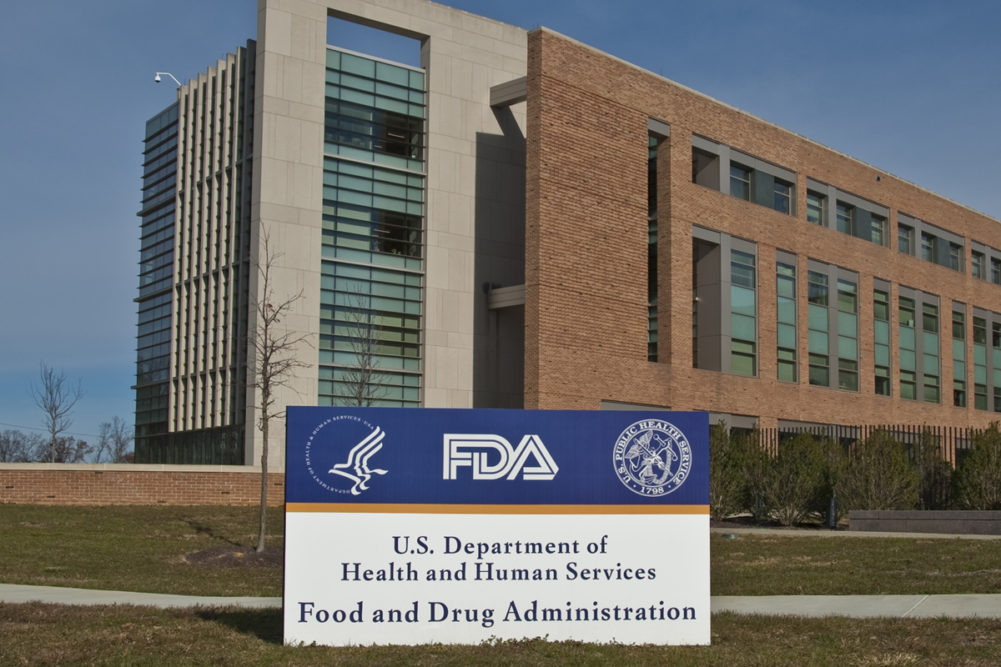WASHINGTON — On Dec. 14, the US Food and Drug Administration (FDA) announced that GalSafe pigs, the first intentional genomic alternation (IGA), was approved for both human consumption and as a source for potential therapeutic uses.
The FDA granted approval of the IGA in GalSafe pigs to Revivicor Inc.
“Today’s first-ever approval of an animal biotechnology product for both food and as a potential source for biomedical use represents a tremendous milestone for scientific innovation,” said FDA Commissioner Stephen M. Hahn, MD. “As part of our public health mission, the FDA strongly supports advancing innovative animal biotechnology products that are safe for animals, safe for people, and achieve their intended results.”
These IGA GalSafe pigs are aimed to eliminate alpha-gal sugar on the surface of the pigs’ cells. Red meat has alpha-gal sugars, which can give people with Alpha-gal syndrome (AGS) mild to severe allergic reactions.
However, the FDA did not evaluate food safety specific to AGS during its review process.
The federal agency stated that GalSafe pigs may provide a source of porcine-based materials to produce human medical products free of detectable alpha-gal sugar. Some of the uses for GalSafe pigs could include a source of medical products, such as the blood-thinning drug heparin, free of detectable alpha-gal sugar.
Tissues and organs from GalSafe pigs could potentially address the issue of immune rejection in patients receiving xenotransplants, as alpha-gal sugar is believed to be a cause of rejection in patients.
“It’s important to note that these pigs have not been evaluated for use as xenotransplantation products for transplantation or implantation into human subjects,” the FDA said in its statement. “Developers of any such human medical products must first submit an application to, and obtain approval from, the FDA before these products can be used in human medicine.”
In its finding, the FDA said the approval of IGA in GalSafe pigs would have no greater impact on the US environment than conventional pigs.
“The conditions under which GalSafe pigs will be kept are far more stringent than those for conventionally farmed pigs,” the agency wrote. “Additionally, no animal safety concerns were noted for GalSafe pigs beyond those that would be expected in well-managed, commercial swine operations.”
Later, the FDA determined that there were no detectable levels of alpha-gal sugar across multiple GalSafe pig generations during its review.
“The FDA is committed to continuing its close work with developers to facilitate safe advancements of animal biotechnology,” said Steven M. Solomon, DVM, MPH, director of the FDA’s center for veterinary medicine. “Our Veterinary Innovation Program focuses on providing greater certainty in the regulatory process, encouraging development and research of innovative public health products, as well as supporting an efficient and predictable pathway to the approval of IGAs in animals.”
Solomon went onto say that the developer of GalSafe pigs in the program and looked forward to working with other developers on animal biotechnology products.
The FDA noted that the microbial food safety risk is low for GalSafe pigs and is mitigated by the low number of animals in the food supply.


